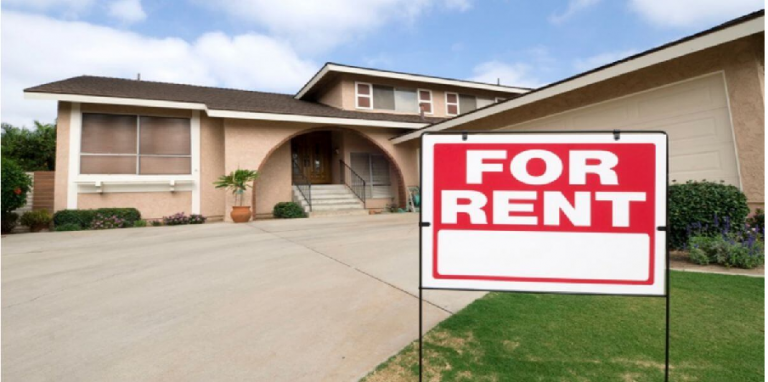
Contracts are basically agreements enforceable under law, and legal agreements are simply an exchange of agreed considerations in the form of covenants between 2 or more parties, particularly in real estate transactions.
Covenants are thus binding promises to do or refrain from doing certain acts which will amount to actionable violations deserving of legal remedies when any party acts at variance with the contract terms.
And in few cases are covenants more binding than in tenancy agreements which also remain subject to the tenancy laws in place in several states of Nigeria. These covenants are what will be forming the focus of this article.
Register for Tekedia Mini-MBA edition 19 (Feb 9 – May 2, 2026): big discounts for early bird.
Tekedia AI in Business Masterclass opens registrations.
Join Tekedia Capital Syndicate and co-invest in great global startups.
Register for Tekedia AI Lab: From Technical Design to Deployment (next edition begins Jan 24 2026).
What are the types of covenants that a tenancy agreement should contain?
Tenancy agreements should contain agreements which can be either :-
– Implied : Inferred or presumed by the law in the absence of expressly/written covenants to that effect.
– Express Covenants : These are clearly stated/explicitly stated covenants which by their very nature are incapable of being implied, presumed or inferred by a court based on the privity of contract and affording situations of non est factum (a lack of consent between contracting parties).
– Usual Covenants– These are covenants that are proper and usual in a tenancy based on certain factors that include but are not limited to the nature of the tenancy and the general conveyancing practice where the property for rent/lease is located.
What are the covenants expected to be made by a landlord in favour of a tenant?
– A guaranteed right to excluding possession of the rented premises
– A guaranteed right of the tenant to his privacy.
– A guaranteed right of the tenant to a reasonable use of shared areas of the rented premises (e.g. Car parking spaces).
– A guaranteed right of the tenant to freedom and unreasonable disturbances.
– A guaranteed obligation to fix all discovered latent defects on the rented property.
– A guaranteed obligation to effect repair and maintenance work on the edtrtnsk
What are the covenants to be made by a tenant in favour of his landlord in a tenancy agreement?
– A guaranteed obligation to pay rent.
– A guaranteed obligation to keep the rented premises in good repair.
– A guaranteed obligation to allow the landlord carry out reasonable inspection of the rented property.
– A guaranteed obligation not to assign or sublet any part of the premises without the landlord’s consent in writing.
– A guaranteed obligation to not disturb co-tenants’ quiet enjoyment of the premises.
What are the legal and equitable remedies available to the landlord and tenant in the event of a breach of any of the covenants agreed to in a tenancy agreement?
For a landlord, he will have the right to :-
– An award of damages (separate from an award of damages for unlawful occupation).
– A right of re-entry ( subject to the provisions of the applicable tenancy law in force)
– A right to terminate the tenancy agreement (subject to the provisions of the applicable tenancy law on recovery of premises and a refund of the balance on the rent paid by the tenant).
For the tenant, he will be entitled to :-
– A right to terminate the tenancy agreement before expiry and a refund of all outstanding rent paid by him.
– An order of specific performance
– An award of damages.



